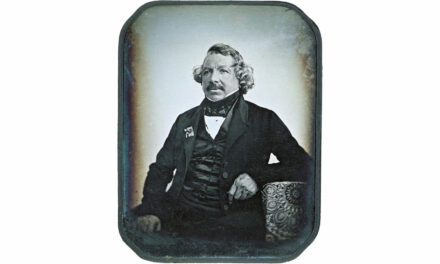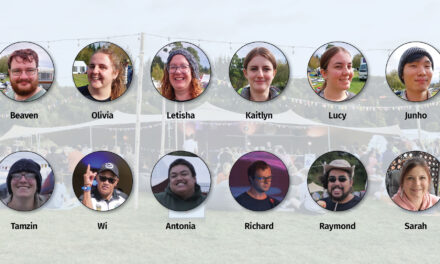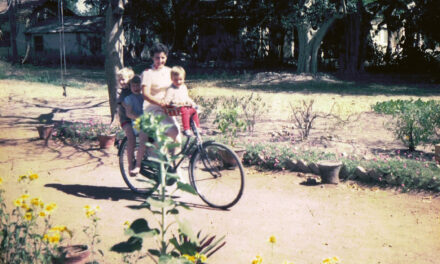
Military Course Transforming Young People

Limited Service Volunteers (LSV) is a six-week course funded by the Ministry of Social Development (MSD) and run by the New Zealand Defence Force (NZDF) for young job seekers aged between 18 and 24. Salvationist Major Nigel Luscombe and (military) Corporal Greg Hutson speak about the positive outcomes they are seeing as they support the participants of the course. Hope Burmeister reports.
Not all young people receive the same opportunities to learn valuable skills like discipline and responsibility, or to find suitable employment after high school. But attendees of LSV are getting the opportunity to grow and learn through this fully funded course.
Corporal Greg Hutson, section commander, has been working with the Youth Development Unit for 13 years, working in the LSV programme at Trentham since 2010.
The programme takes on young people who have been unemployed for some time. Four or five courses are run each year, depending on the camp. The course has strict military elements with requirements to hand in phones and money, wear a uniform, wake up at 5.30am and participate in drills and marching. However, participants are also prepared for employment, which includes CV writing, interview techniques and how to dress for job interviews. This all prepares and shapes them for the real world.
Getting on with the programme
The course is over six weeks with varying activities. Week one is about creating a team foundation when the instructors facilitate the group of trainees to work together in teams. During week two they camp outside Trentham Military Camp and then return to Trentham for week three. Week four is titled ‘The Longest Day’, where participants are up at 4.30am to go on an eight kilometre pack march and week five has a 50 kilometre tramp around the Remutaka Cycle Trail. In the final weeks the participants prepare for the graduation march parade, held at the end of the course.
The physical changes in the young people from the start to the end of the course are visible. ‘On the last week of course,’ says Greg, ‘we took a photo of them and physically their skin had cleared up, they lost a bit of weight and their eyes were brighter. Everything’s changed about them, their motivation, everything.’
They also have an Employers Expo in week four, which is run by MSD. The trainees meet with businesses—Fulton Hogan, McDonald’s and New Zealand Police—for potential employment after the programme. Many young people who have completed the course go on to work in these industries and services.
For Greg, the biggest success stories are the trainees who end up joining the military and become trainers in the LSV course like himself.
Since he’s been part of the programme for over a decade, he’s seen changes in the needs of young people over the years. For example, the rise of mental health issues and ‘post-Covid youth’ who are not used to interacting with others.
A social worker is part of the programme, there to help support the trainees who may be going through difficult times in their personal lives. The soldiers are also trained youth workers.
‘This is a youth development unit,’ Greg emphasises. ‘We’re not here to train soldiers. We’re here to train youth.’
The course has strict military elements with requirements to hand in phones and money, wear a uniform, wake up at 5.30am and participate in drills and marching.

Ministry and encouragement
Last year, Major Nigel Luscombe, who is both a Salvation Army officer and a military chaplain, had the opportunity to join with and support the young people in an LSV programme held at Trentham. He participated in different activities with the trainees, had opportunities to speak to some of them one-on-one about how they were feeling and even had a chance to talk about God and give out Bibles.
There were also times when he helped encourage trainees to keep going; for example, helping one person who was terrified to walk across a swing bridge. ‘She was just so happy that she had been able to conquer one of her fears. And so just being alongside her, encouraging her, was good,’ he says.
Similar to Greg, Nigel says the changes in the young people from start to end of the course were second to none.
‘You just saw their confidence grow. They went from these young people whose eyes were often down, heads down, to young people whose heads were up. They were proud of what they achieved.’
He believes the course taught the young people discipline, but not the kind of discipline many of the trainees may have previously been used to. ‘For the first time in their lives … it’s not just discipline with a stick, it’s discipline with encouragement,’ he says.
Nigel hopes more people will learn about this programme and realise how valuable the opportunity is for young people to grow—entering the course as teenagers and leaving as adults.








